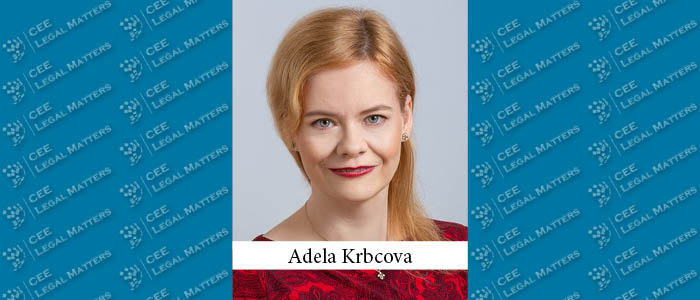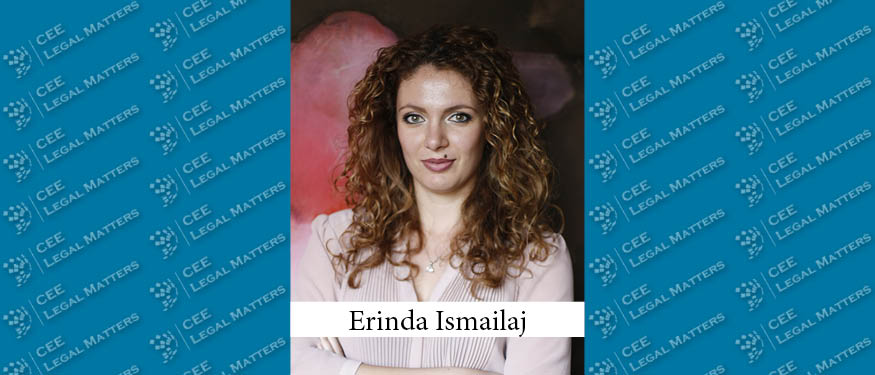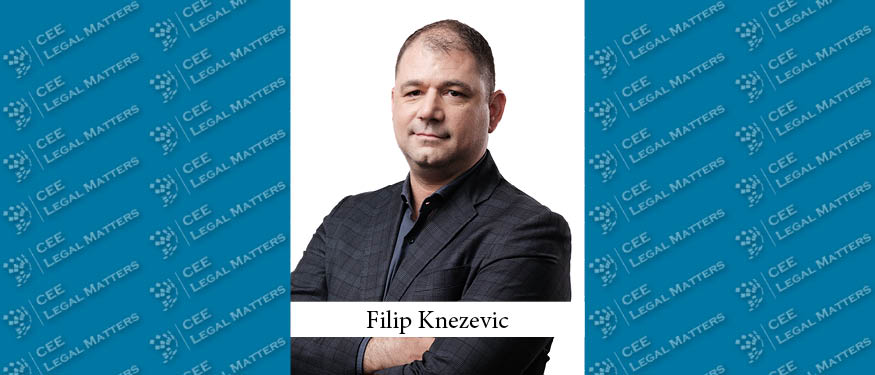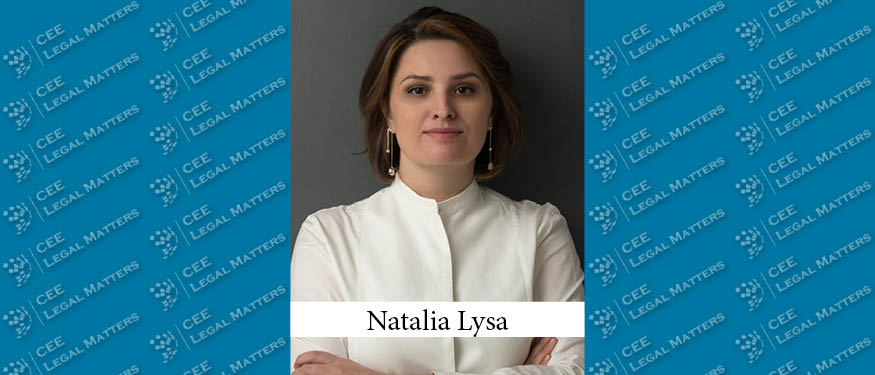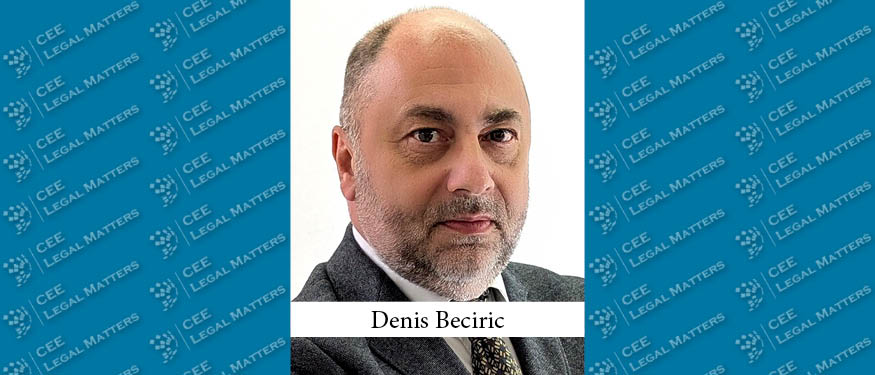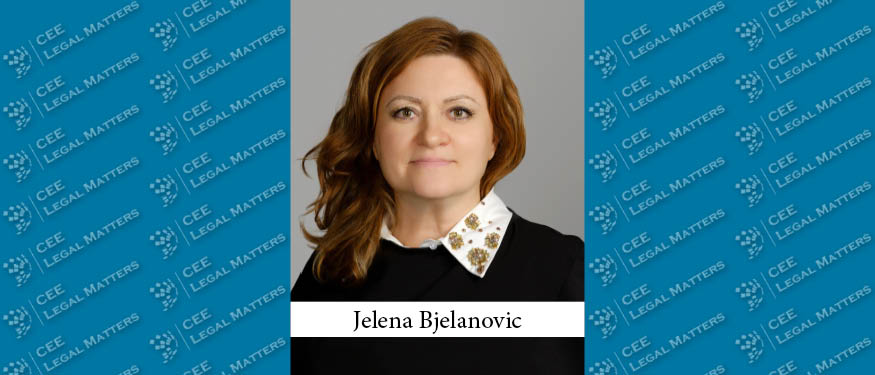In the Czech Republic, labor law advice has become highly sought after, primarily due to recent legislative amendments and the implementation of whistleblowing and other EU regulations, according to Peterka & Partners Partner and Director for the Czech Republic Adela Krbcova, with the surge in interest driven by the need for transparent and predictable working conditions and work-life balance.
CEELM: What work has been keeping your employment practice busy over the past year?
Krbcova: The employment sector is particularly demanding, especially in the Czech Republic and Central Europe. We constantly deal with new developments at EU and local levels, and as a result, over the past 12 months, we’ve been exceptionally busy. I’d highlight two major events: the significant amendment to the Czech Labor Code and the implementation of the EU whistleblowing rules.
CEELM: Can you walk us through these amendments and how they are reflected in your workload?
Krbcova: We had been working with different versions of the draft for about two years, trying to convince our clients that this particular amendment – driven by the EU directive on transparent and predictable work conditions, work-life balance, and related challenges – was imminent. However, most were concerned and avoided taking action until the very end. In some ways, this turned out to be beneficial, as the draft underwent significant changes during the legislative process. It addressed not only the harmonized EU points but also, for the first time, established general comprehensive rules for teleworking, which became essential during the COVID-19 period. Consequently, as of October 1, 2023, the new regulations were in place, and employers had to adapt their practices and documentation to comply with the new legislation. This required drafting new agreements and updating internal rules, impacting many employers significantly.
Additionally, there have been changes regarding workers employed under so-called “flexi” contracts, which fall outside of standard employment relationships. These workers were already affected by the October changes, but the adjustments have continued, and employers are still grappling with them. Starting in January, these workers are entitled to paid vacation for the first time. This obligation has raised concerns, as it puts “flexi” workers on a similar level to regular employees, requiring employers to manage working schedules and pay for certain obstacles. Many expect that these “flexi” agreements will be abandoned as a result.
Moreover, at the beginning of the year, a significant tax package was introduced in the Czech Republic, also targeting “flexi” workers. This package faced substantial criticism. The implementation of new tax regimes and additional administrative burdens has been partially postponed from this summer to early 2025. Starting from July, these workers have to be registered, and next year, the new tax regime will be applicable.
A potentially underestimated aspect of this amendment is that it finally allows for better management and implementation of the digitalization of employment practices by clarifying the rules on e-signing and e-delivery in employment matters. This was a significant challenge during the COVID-19 period, as many employers wanted to use e-contracts, which we had to explain were quite risky. Now, mutual documents and employee-friendly documents can be easily implemented or executed electronically – via email, some platforms, or internal software systems – provided that employees supply their private email addresses.
There is also the possibility of using electronic means of communication to deliver termination documents, which is a game changer. Previously, delivering unilateral termination documents to Czech employees was challenging due to numerous regulations. Employers could only use e-delivery if the employees had an official electronic signature or an “official data box,” which was difficult to manage and rarely used. New rules allow employers to use simpler electronic means systems, which significantly helps if the legal requirements are met. However, some gaps remain, particularly in how employers can duly prove that all processes were correctly followed.
Overall, these changes impacted all employers, although to varying degrees. It also allowed us to review our clients’ existing documents. For many, it provided an opportunity to conduct audits in the employment sphere and examine their practices from broader and more strategic perspectives.
CEELM: How did you approach the implementation of the new whistleblowing legislation?
Krbcova: Regarding the implementation of whistleblowing legislation, our firm dedicated a special team to this area, creating a subdepartment composed of litigation, compliance, and labor experts. From the very beginning, and even many months ago, we have been offering compliance solutions to help clients adapt to these new requirements. This also has kept us very busy with implementation and training. I would like to emphasize that our firm operates in a total of eight countries, mostly within the EU, and offers integrated solutions while focusing on the local implementation aspects of the directive.
CEELM: What changes or developments do you foresee in your practice and your work over the next 12 months?
Krbcova: The so-called “flexi” amendment to the Labor Code, the draft of which has recently been presented to the public, is expected to address challenges faced by employers, such as difficulties in hiring and retaining staff. This amendment is designed to facilitate movement in the market, though its impact remains to be seen. A key issue under discussion is the inclusion of termination without cause, which was suggested by the National Economic Council of the government. Currently, it is not part of the amendment, but many employers, their associations, and certain politicians would welcome its inclusion as a potential labor market driver, albeit with numerous conditions.
In practical terms, this means employers will need to review their core documents once again. For many, this represents an opportunity to update their internal documents and processes. The focus will be on procedures and compliance, and we should also anticipate additional requirements related to equal and transparent pay and other matters (AI, NIS2, ESG-related) that could be introduced alongside these amendments.
In this context of boosting the labor market, there are several developments in the immigration sector that could help with hiring.
Additionally, I’ve noticed a significant number of client requests recently concerning equal treatment in a broad context. Over the past few months, we’ve received many inquiries about structuring benefit systems or variable pay arrangements to ensure compliance with the principles of equal treatment and non-discrimination. This task involves various procedures, including collective bargaining agreements. We expect this trend to continue.

